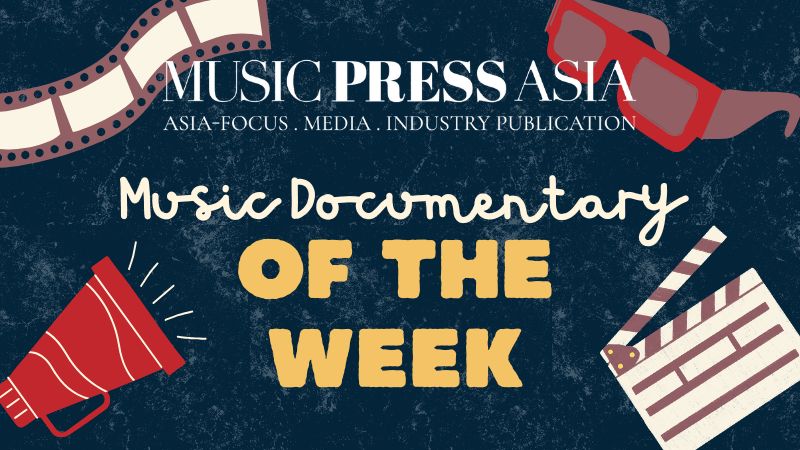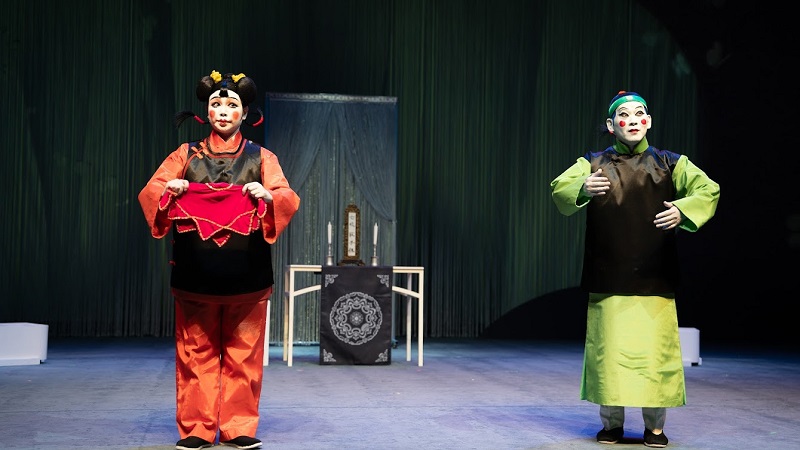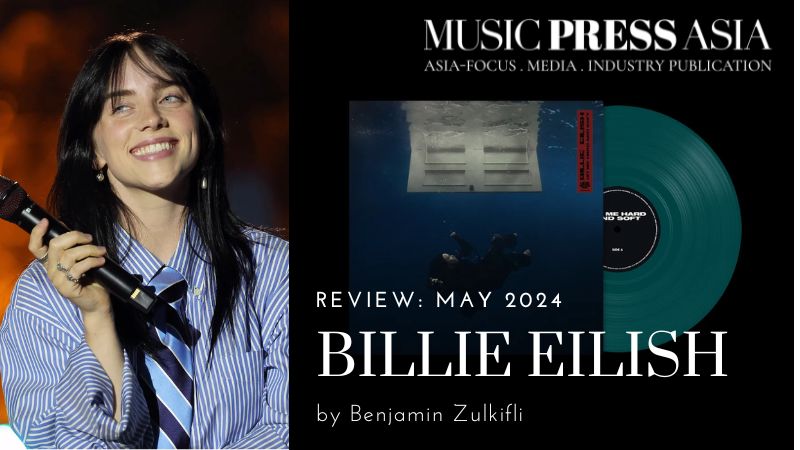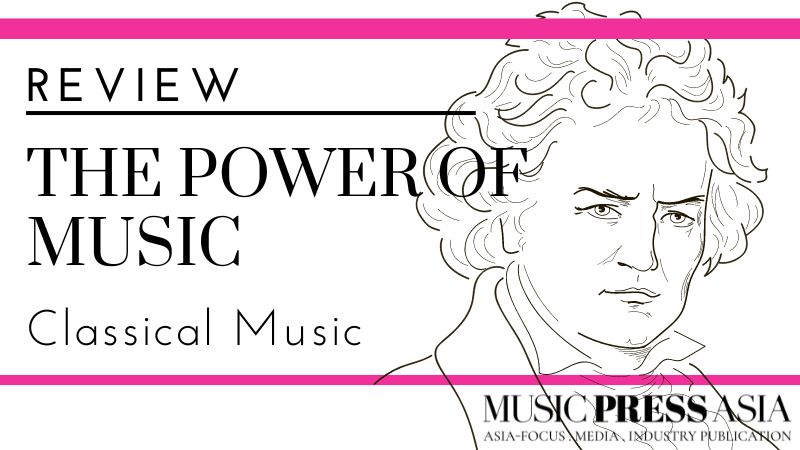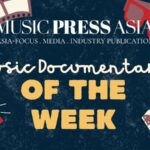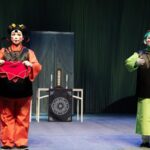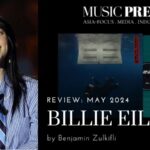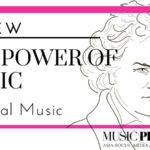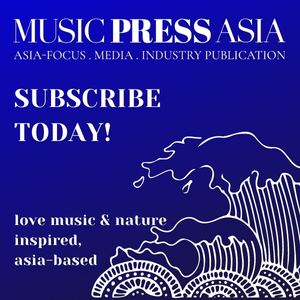Joyce Carol Oates’ review: The Lost Landscape
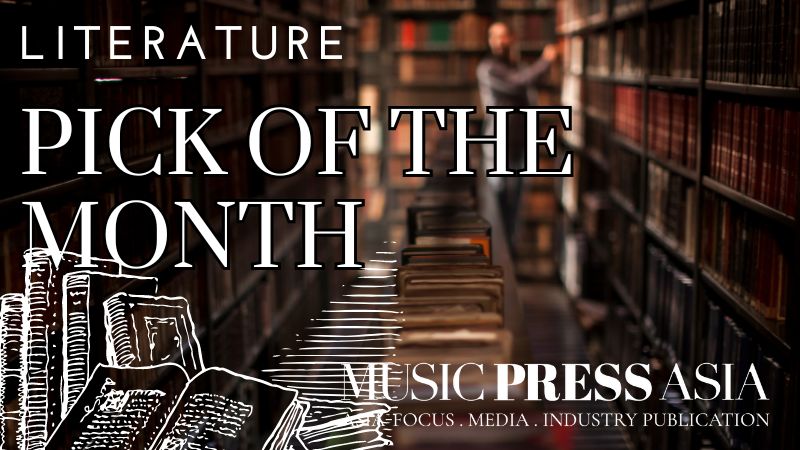
In many ways, literature stands firmly as part of music, just as lyricism is an integral aspect of creativity. Recently, I found myself reading a book written by Joyce Carol Oates. Oblivious to how this American author has profoundly affected American literature, I started the book with a desire to understand how childhood journaling can make any sense after growing up.
Oates’ The Lost Landscape: A Writer’s Coming of Age rediscovers the characters that ultimately see our ‘self’ as part of the family unit, which relates to others—in other words, the community that binds us even after we’ve grown up.
Joyce Carol Oates is a prolific American author known for her extensive body of work spanning novels, short stories, plays, poetry, and essays. Born on June 16, 1938, in Lockport, New York, Oates has been a major figure in American literature since her debut in the 1960s. Her writing often explores themes of identity, violence, and the complexities of human relationships.

Some of her most notable works include “Them” (1969), which won the National Book Award, “Blonde” (2000), a fictionalized account of Marilyn Monroe’s life, and “We Were the Mulvaneys” (1996), which was selected for Oprah’s Book Club.
Joyce Carol Oates and Music
While Joyce Carol Oates is not primarily known for her contributions to music, she has shown a deep appreciation for it, and music sometimes appears in her literary works.
For instance, her novel “Blonde” features references to the music and culture of Marilyn Monroe’s era.
Oates herself has expressed admiration for various musicians and often mentions music as an important influence on her mood and writing process.
Literature – an expression of self just like music
While music has always been a part of my life in various ways, I find myself starting a new media platform dedicated to exposing music in all its splendor. After completing my music degree in London, I have also expanded my repertoire, playing the piano and the violin.
Life, in all its fullness, was dedicated to music—classical music specifically—and I found myself constrained.
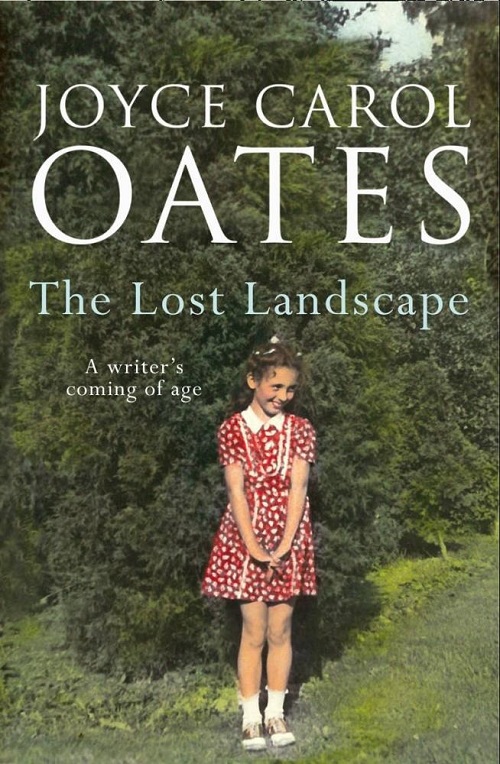
I wanted more. I was certain that literature is just another form of expression similar to music. In many ways, literature is an artistic expression of words. For Oates, it is how she remembers her father.
Here are abstracts from Oates’ book – The Lost Landscape that talks about how music has been in her life. These quotes are taken from the only chapter ‘Facts, Visions, Mysteries: My Father Frederic Oates, November 1988’.
“It is fascinating to me, to be told that my grandmother, who’d had so little money as a young, single mother, had somehow purchased a violin for my father – the beautiful violin my father still owns, though he has not tried to play it in decades.”
“Playing piano was a way of escaping into silence when a man did not wish to talk.”
“For a musical instrument – piano, violin – inhabits a complex sort of space: it is both an ordinary three-dimensional object and an extraordinary object, a portal to another world; it exists as a physical entity solely so that the physical can be transcended. And so my father’s old upright piano in the long-vanished living room in Millersport inhabits its own luminous space in my memory, as in this memoir.”
“Do you listen to music while you write? – this curious question is often asked of writers.
“The more attentive you are to music, the more distracted you are by hearing music while you try to work. For music is an exquisite art, not white noise.”
“It must be a fairly modern custom, to ubiquitously “pipe in” music in public places. When did this custom begin, and how will it end? Can it end? There is something offensive in having to listen to music, particularly to “serious” music, as if it were but background noise, or a film score; for music exists in and of itself, and not as an accompaniment to anything else.”
“Music is the supreme solace, because it is so much more. It is the spiritual counterpoint to the world’s cacophony, essential as a heartbeat.”

